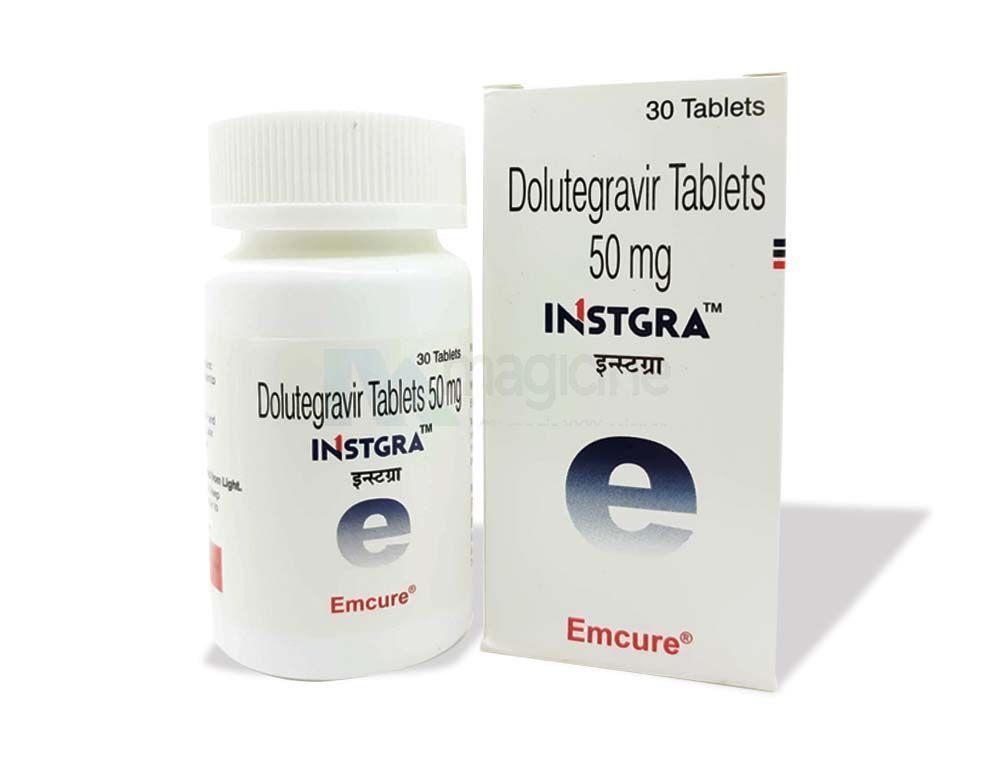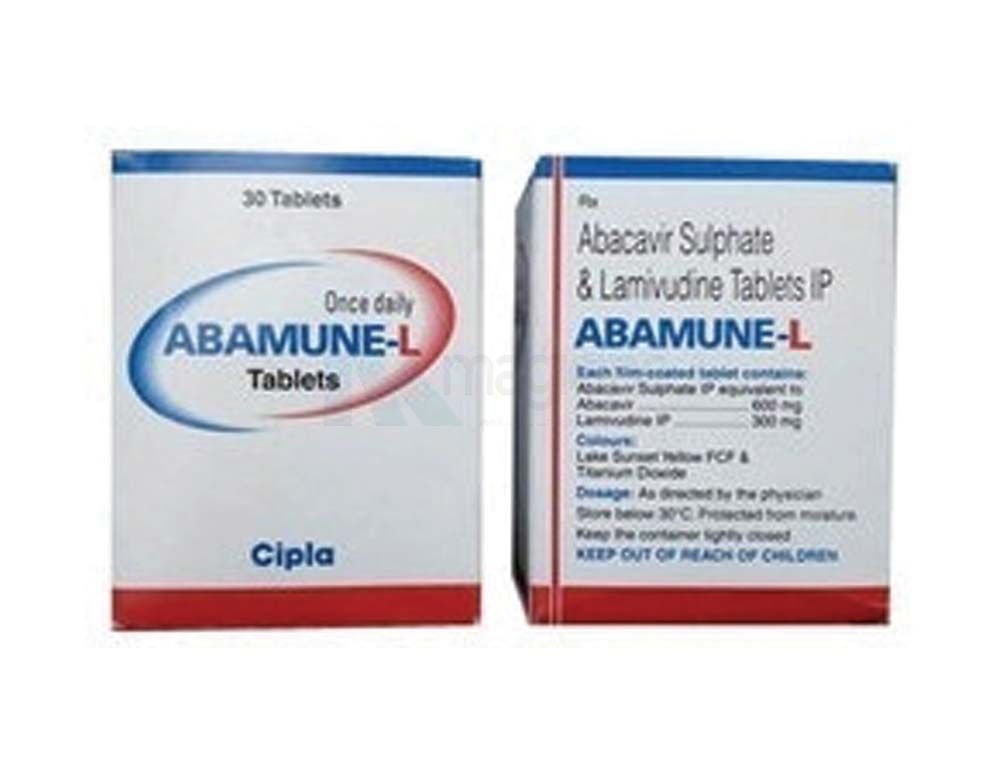Lopikast
Prescription Required
Marketed By
Aprazer Healthcare Pvt Ltd
Pack of
60 tablets
Salt Composition
Lopinavir & Ritonavir
Storage
Keep in cold place
₹9399.06₹18500
49.19% Off
Inclusive of all taxes
1

Lopikast
Delivering To: —
Overview
Lopikast is an anti-HIV drug that is used in the treatment of patients with Human Immunodeficiency Virus Infection. This medication is also prescribed to relieve the symptoms and severity of Acquired Immunodeficiency Syndrome (AIDS). It comprises two antiretroviral formulations namely Lopinavir and Ritonavir. The regimen is available in the form of tablets for oral administration with a fixed strength of 200 mg/50 mg. Lopikast works by interfering with the protease and stops the production of new viruses in the body.
Indication
HIV and AIDS
Description
Lopinavir (Lopikast): The HIV life cycle is divided into three stages: assembly, which involves the production and packaging of essential viral components; budding, which occurs when the viral particle crosses the plasma membrane of the host cell and forms a lipid envelope; and maturation, which occurs when the viral particle changes its structure and becomes infectious. This compound hinders the cycle.
Side Effects
Following are the possible side effects that can occur during your treatment with Lopikast. Contact your medical practitioner immediately if any of the above-mentioned side effects appear.
Unusual sweating
Skin rash
Itching
Peripheral neuropathy
Stomach ache
Diarrhea
Headache
Taste change
Blurred vision
Confusion
Weight loss
How To Use
Take Lopikast (Lopinavir/Ritonavir) tablets orally with a glass of water at the same time every day. Do not change the dose strength of the regimen unless your health practitioner prescribes it.
How It Works
Safety Advice

Alcohol
unsafe
Do not consume alcohol while taking Lopikast

Pregnancy
consult your doctor
Do not take Lopikast without consulting the doctor, in case of pregnancy.

Breast Feeding
consult your doctor
Do not take Lopikast if you're breastfeeding. Consultation of the doctor is advised.

Driving
danger
It is advisable not to drive or operate heavy machinery, you may feel dizzy as one of the side effects of Lopikast.

Kidney
precaution
Do not take Lopikast without a doctor's consultation in case of kidney problems.

Liver
precaution
Share your medical history with the doctor in case of liver disease before taking Lopikast.
Missed Doses
Consult your health practitioner if you miss a dose of Lopikast (Lopinavir/Ritonavir) tablets. Do not initiate any change in the schedule or strength on your own.
FAQs
Lopikast is an anti-HIV drug that is used in the treatment of patients with Human Immunodeficiency Virus Infection. This medication is also prescribed to relieve the symptoms and severity of Acquired Immunodeficiency Syndrome (AIDS).
The common side effects of Lopikast (Lopinavir/Ritonavir) tablets are blurred vision, fever, chills, sweating, skin rash, itching, peripheral neuropathy, etc.
Seek emergency medical attention from a health practitioner if you experience any symptoms of overdose after administration.
If your health practitioner prescribes Lopikast (Lopinavir/Ritonavir) tablets, make sure to avoid breastfeeding.
Take Lopikast (Lopinavir/Ritonavir) tablets orally with a glass of water at the same time every day.
Related Products
MARKETER DETAILS
Aprazer Healthcare Pvt Ltd
DISCLAIMER
The contents of this website are for informative purposes only. They are not deliberated to be an alternative to any professional medical prescription and treatment. Seek the advice of a qualified health provider for questions regarding the medical condition. Do not ignore any professional medical advice because of something you have read on this website. This website offers links to other websites, thereby enabling you to go to the other website directly. Therefore, Magicine Pharma isn't responsible for the content of the links in the website or links in the linked websites. The links are provided to assist the visitors and are not approved by any professional health provider.






